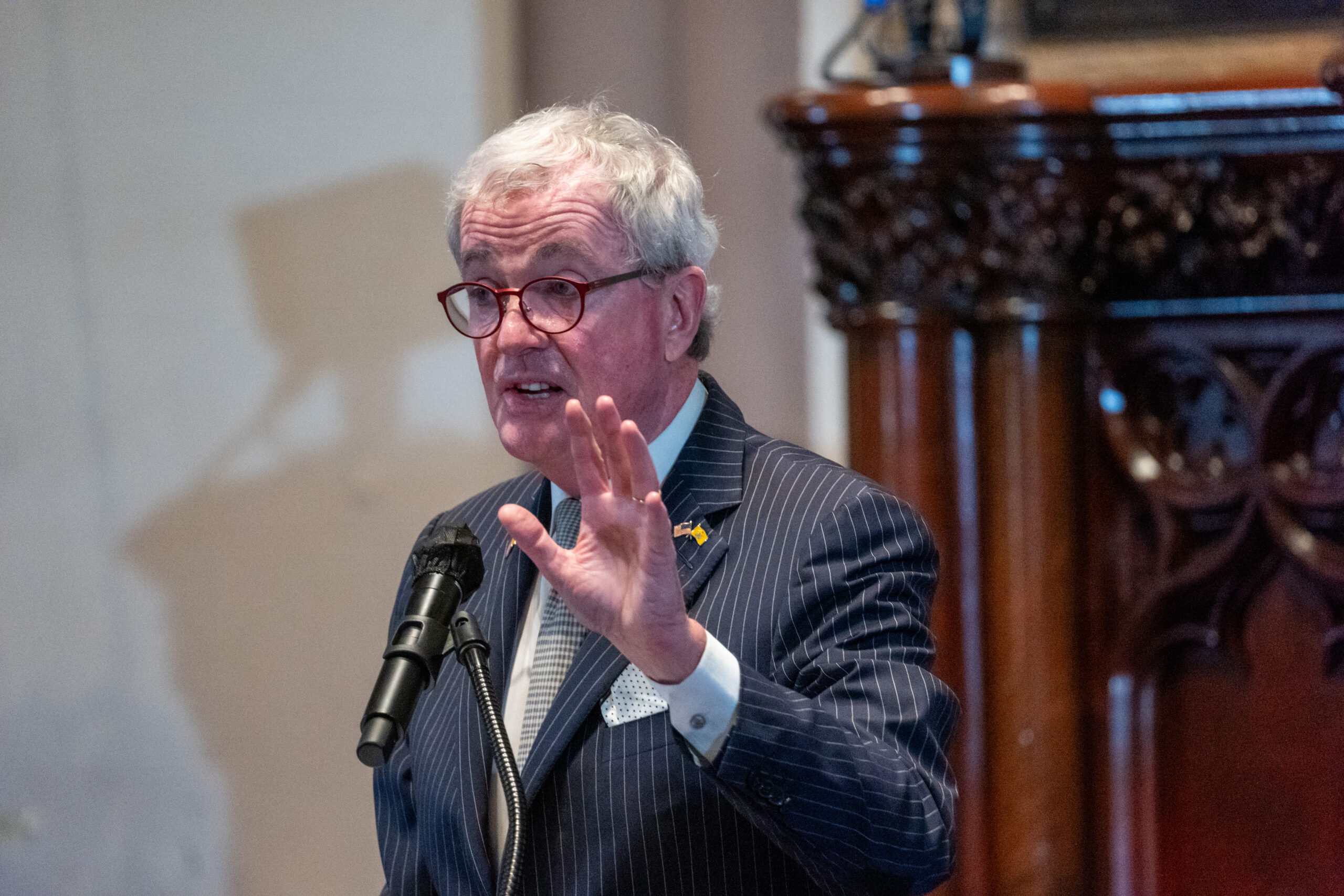Author: Tomohiko Satake, NIDS
Economic security, or keizai anpo, dominates the current Japanese strategic debate. Since 2019, the Japanese government has rapidly put in place new positions, organisations and bills related to economic security. According to Takayuki Kobayashi, Japan’s newly appointed minister for economic security, the term refers to securing ‘the Japanese state and national interest through economic measures’.
To achieve this objective, the Japanese parliament passed the Economic Security Promotion Act in 2022 to strengthen supply chain resilience, protect critical infrastructure, develop emerging technologies and prevent technology outflow. Japan’s new national security strategy — to be published by the end of 2022 — will likely incorporate these elements.
It is not the first time that Japan has recognised the economy as an integral part of its security. In the mid-1970s, Japanese politicians, intellectuals and businesspeople began to discuss the need for ‘comprehensive security’ (sogo anzen hosho) that included economic, food and energy security.
A 1980 report published by an advisory board to the Masayoshi Ohira government (the Ohira Report) advocated a ‘comprehensive security strategy’ that promoted Japanese security by various measures in multiple domains. While the report never underestimated the importance of military roles, it acknowledged the importance of other areas — such as economic, food and energy security — and recommended that Japan should enhance its security by coordinating policies across different areas and means.
The report reflected dynamic changes occurring in the international security environment after the early 1970s. The 1973 and 1978 oil shocks and high inflation led Tokyo to recognise that security could be jeopardised by non-military threats. To secure energy resources, it became imperative to review Japan’s overdependence on the Middle East and diversify its energy supply chains.
The Ohira Report also addressed the decline of US primacy and Japan’s growing desire for autonomous economic growth. With ‘the termination of clear American supremacy in both military and economic spheres,’ the report argued the world would enter an era of ‘peace maintained by shared responsibilities’. In such an environment, Japan should enhance its self-help efforts and contribute to the strengthening and the maintenance of the system.
The evolution of comprehensive security also reflects deeper changes in the nature of power politics during the 1970s. As Hiroshi Nakanishi points out, ‘the diversification and the complication of power politics’ promoted the multi-polarisation of international relations. As demonstrated by the US defeat in the Vietnam War, economic relations and psychological factors came to play an important role in power politics alongside military capability.
According to Nakanishi, these diversified and complex power politics also blurred the boundaries between ‘high politics’ associated with ideology, governance and military strategy, and ‘low politics’ concerned with the economy, energy supply and social affairs. In an environment characterised by what Joseph Nye and Robert Keohane termed ‘complex interdependence’, Japan was forced to adopt a more autonomous and comprehensive foreign security posture that could deal with a broader range of challenges.
The conditions identified above — Japan’s energy crisis, the decline of US primacy and the complication and diversification of power politics — have become even more prominent in today’s security environment.
During the 1970s and 1980s, the Soviet Union’s GDP was less than 25 per cent of US GDP. In 2022, China’s GDP amounts to nearly 75 per cent of US GDP. After the 1972 Sino–US Rapprochement, Washington was able to exploit the Sino–Soviet conflict and maintain a pivotal position. Today, however, China is increasingly aligned with Russia, challenging the US-led order.
The rise of the emerging states, the development of military and information technology and the promotion of interdependence has created a highly diversified and more complex security environment compared to with the 1970s. Russia’s invasion of Ukraine and its nuclear brinkmanship has revealed that traditional power politics have not become a thing of the past. At the same time, Ukraine’s surprising resistance against Russia suggests how non-military or non-kinetic factors, such as national morale, information warfare and cyber defence, play an increasingly important role in determining war outcomes.
Russia’s reduction of energy supplies and Western sanctions against Moscow also demonstrate that the ‘weaponisation of interdependence’ may be no less important than conventional warfare.
Japan has been responding to this complex security environment. Unlike the Cold War era, when the Soviet Union was the primary source of external threat, Japan now faces threats on three fronts: China, North Korea and an increasingly belligerent Russia. In addition to the deployment of its well-known grey-zone tactics, China has already overtaken Japan in terms of the material capabilities of its economy and military and in some areas of newly emerging technologies.
To make up for its disadvantage in material resources, Japan has attempted to integrate resources and capabilities across different areas and domains. Japan’s pursuit of economic security, as well as its adoption of the ‘Multi-Domain Defense Force’ concept, demonstrates the strong crisis mentality of Japanese policymakers in an increasingly contested, diversified and complex security environment.
The problem is that pursuing economic security could restrict free economic activities, which may weaken interdependence and exacerbate global political divisions. While the Economic Security Promotion Act stresses the compatibility between economic security and free cooperation, it remains unclear how the government can achieve such a delicate balancing act.
Unlike the 1970s and 80s, Japan’s global position in terms of material resources has declined due to long-term economic stagnation and an ageing population. While it is important for Japan to pursue a more autonomous posture in defence and economic security, this path also has its inherent limitations.
All these factors suggest that international cooperation has become more important than ever. No single country can enhance the resilience of supply chains, develop emerging technologies and respond to hybrid threats without the help of others.
Competition must also be managed through diplomatic measures such as enhancing transparency, confidence-building and crisis management. Today’s comprehensive security should be considered both from competitive and cooperative perspectives. It is high time that Japan considered its comprehensive security strategy with other like-minded partners, rather than on its own.
Tomohiko Satake is Research Fellow at the National Institute of Defense Studies, Japan.
This article appears in the most recent edition of East Asia Forum Quarterly, ‘Comprehensive Regional Security’, Vol 14, No 4.



















Discussion about this post